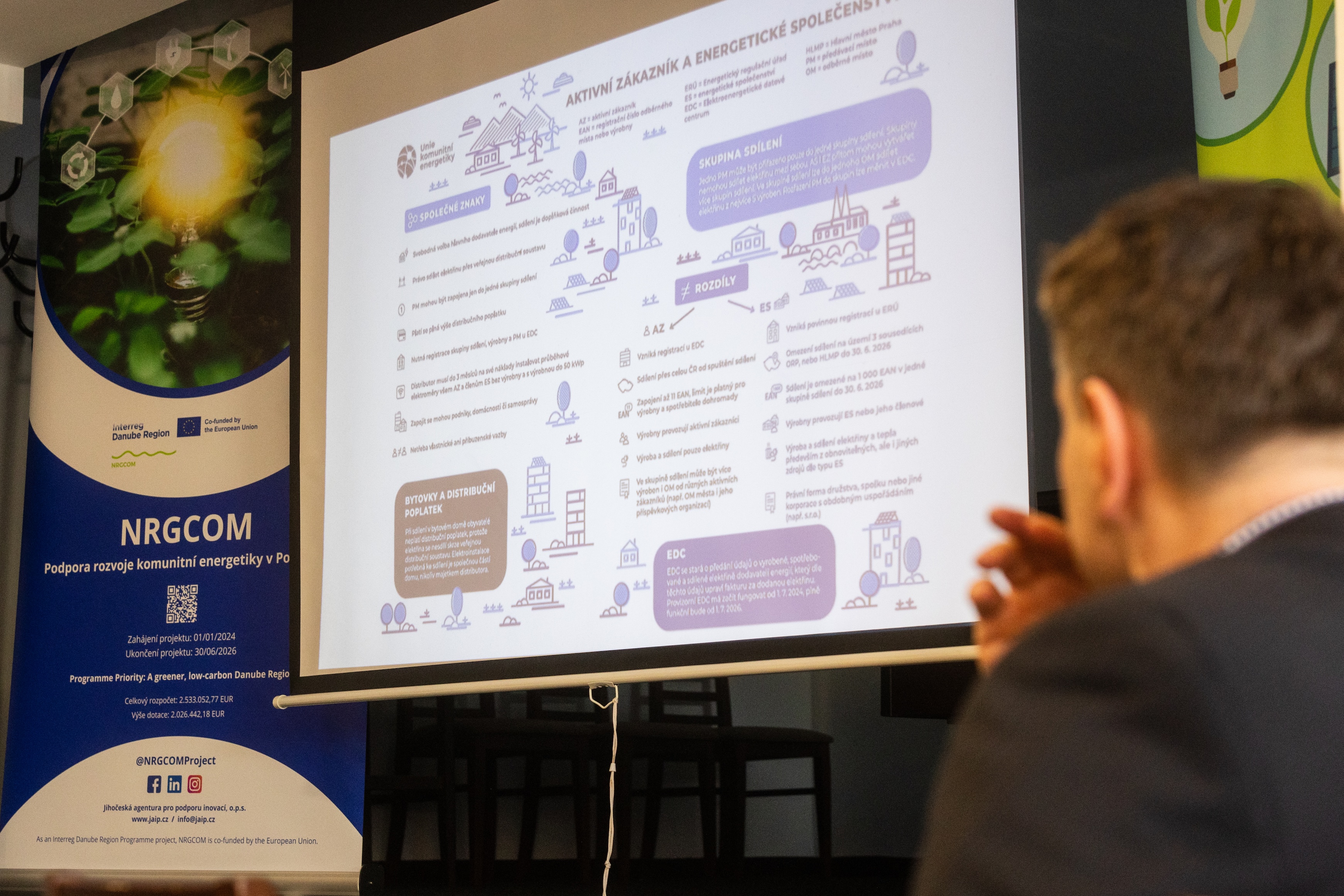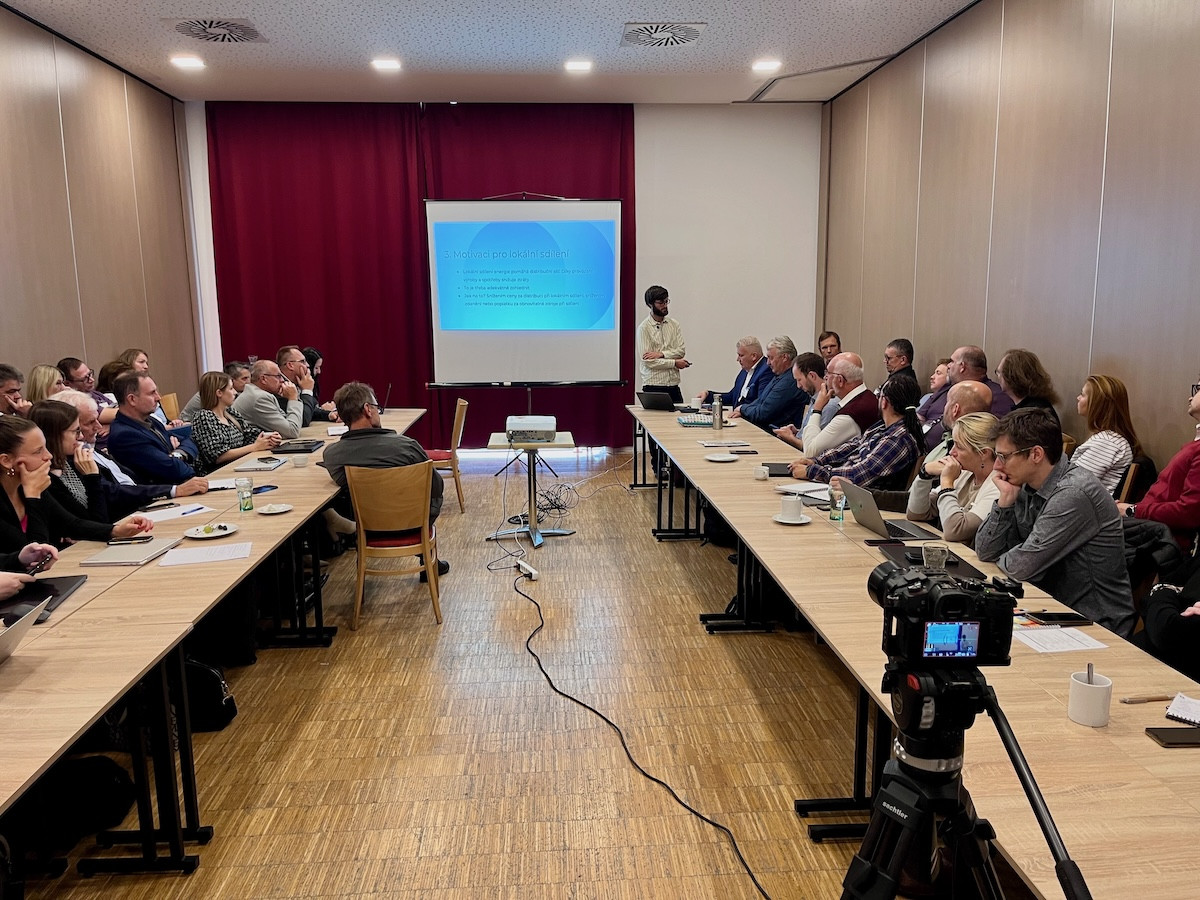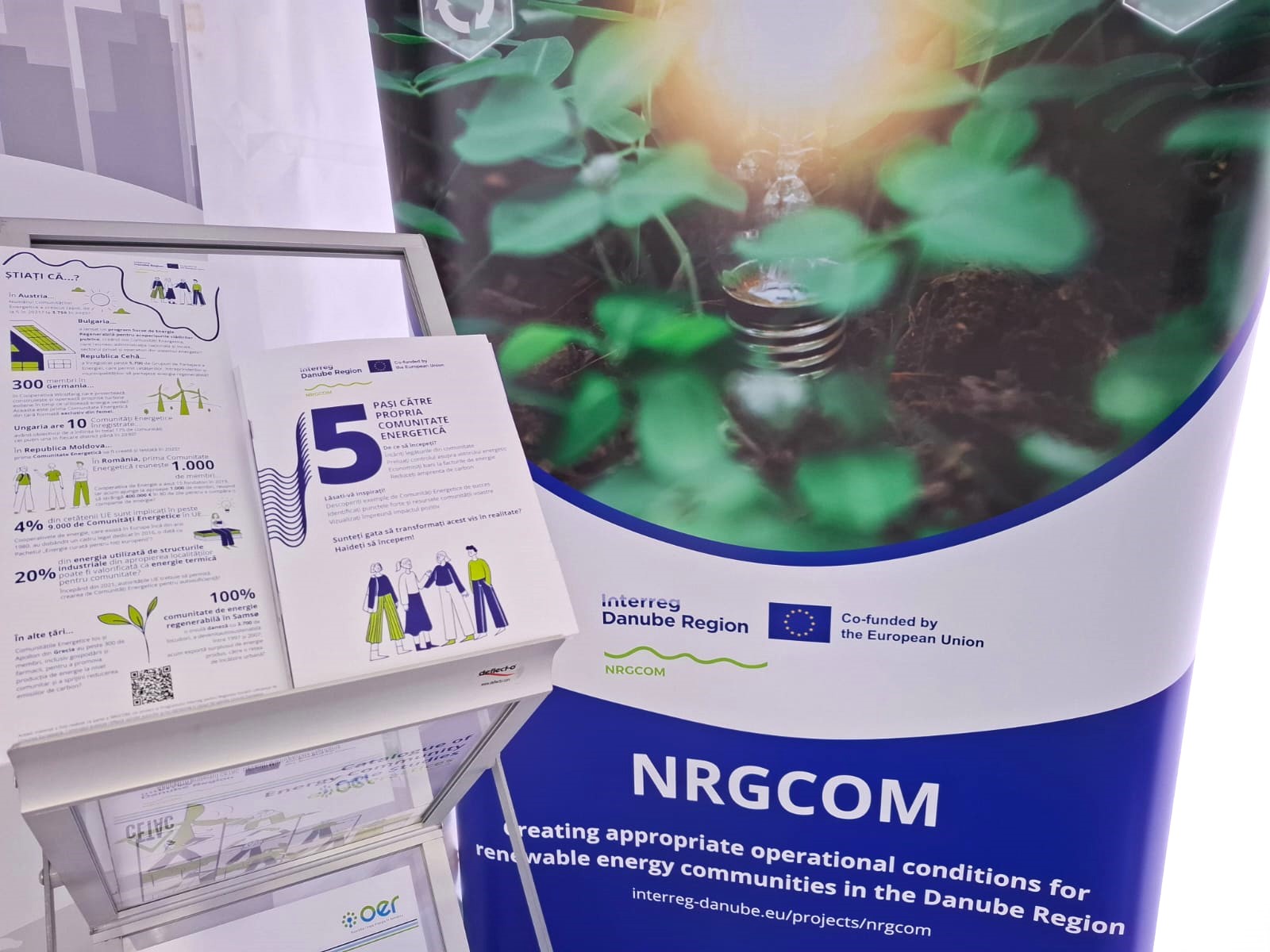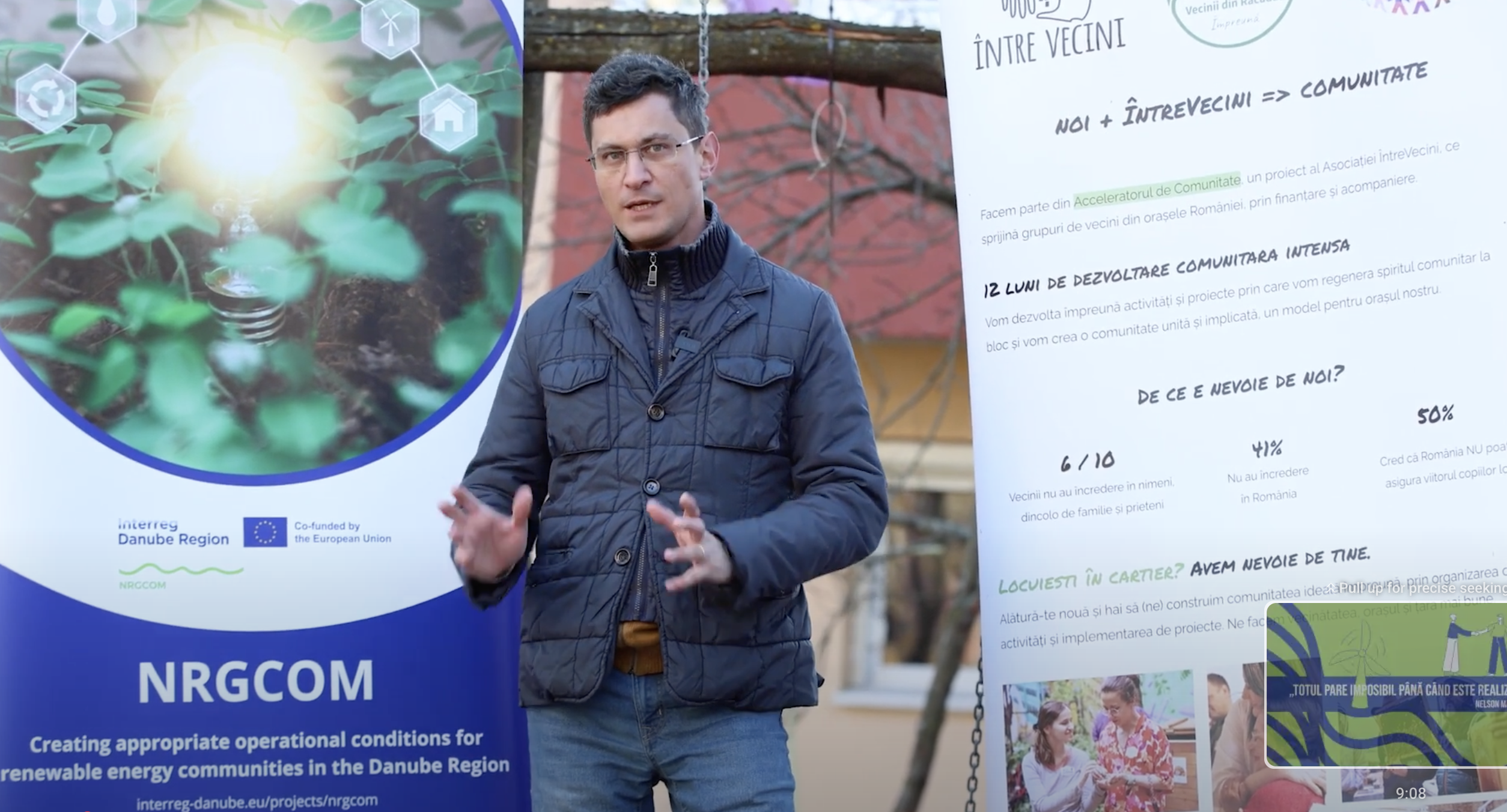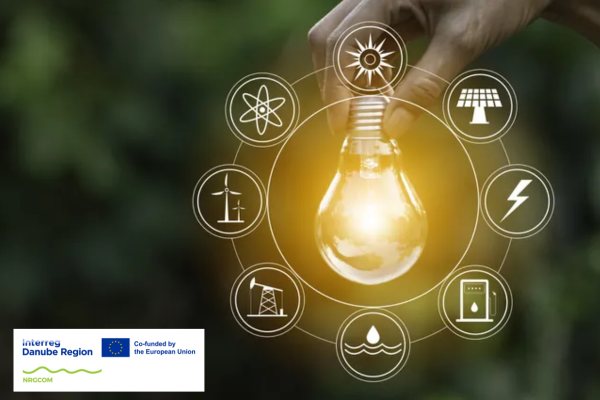
Lex Gas and Acceleration Zones: Two Key Reforms Boosting Renewables in Czechia
As of 1 August 2025, the Czech energy sector is governed by new legislation designed to accelerate the development of renewable energy sources. Two major reforms – the amendment to the Energy Act, commonly referred to as Lex Gas, and changes to the Act on Accelerating the Use of Renewable Energy Sources – introduce a range of measures aimed at speeding up permitting procedures for wind and solar projects and unlocking much‑needed capacity in the overloaded distribution grid.
A central innovation is the introduction of “acceleration zones”, designated areas where renewable projects can be implemented under simplified conditions. These zones are subject to a single, comprehensive environmental assessment at the zone level, eliminating the need for separate assessments for each project. Within such areas, developers will no longer have to undergo individual Environmental Impact Assessments (EIA), which will substantially shorten the approval process. According to energy law expert Jan Bakule from Frank Bold, the aim is to reduce permitting times in these zones to as little as one year, a dramatic improvement compared to the current situation where wind projects can take up to ten times longer to approve. Small photovoltaic systems up to 100 kW will benefit even more – if authorities do not respond within thirty days, the application is automatically approved, a mechanism known as “tacit consent”.
The second major measure targets a chronic issue in the Czech grid: thousands of so‑called “phantom projects” that reserve connection capacity but never materialize. Lex Gas introduces a financial guarantee system under which developers risk losing their deposit if they fail to use their reserved capacity. This is expected to discourage speculative reservations and free up capacity for real, actionable investments in renewable energy.
In addition, the amendment raises large renewable energy projects above 15 MW to the level of strategic energy infrastructure. This status grants them faster permitting procedures, consolidated administrative steps and limits on procedural delays, giving investors a clearer and more predictable path to project completion.
The reforms also include new provisions to ensure that local communities share in the benefits of renewable energy development. Wind farm operators will now be required to make financial contributions to municipal budgets in the areas hosting their turbines. This mechanism is designed to ensure that nearby residents and municipalities feel tangible benefits from clean energy projects, helping to build local support and trust in the energy transition.
News & Events
Read the most recent updates and explore the upcoming events.





